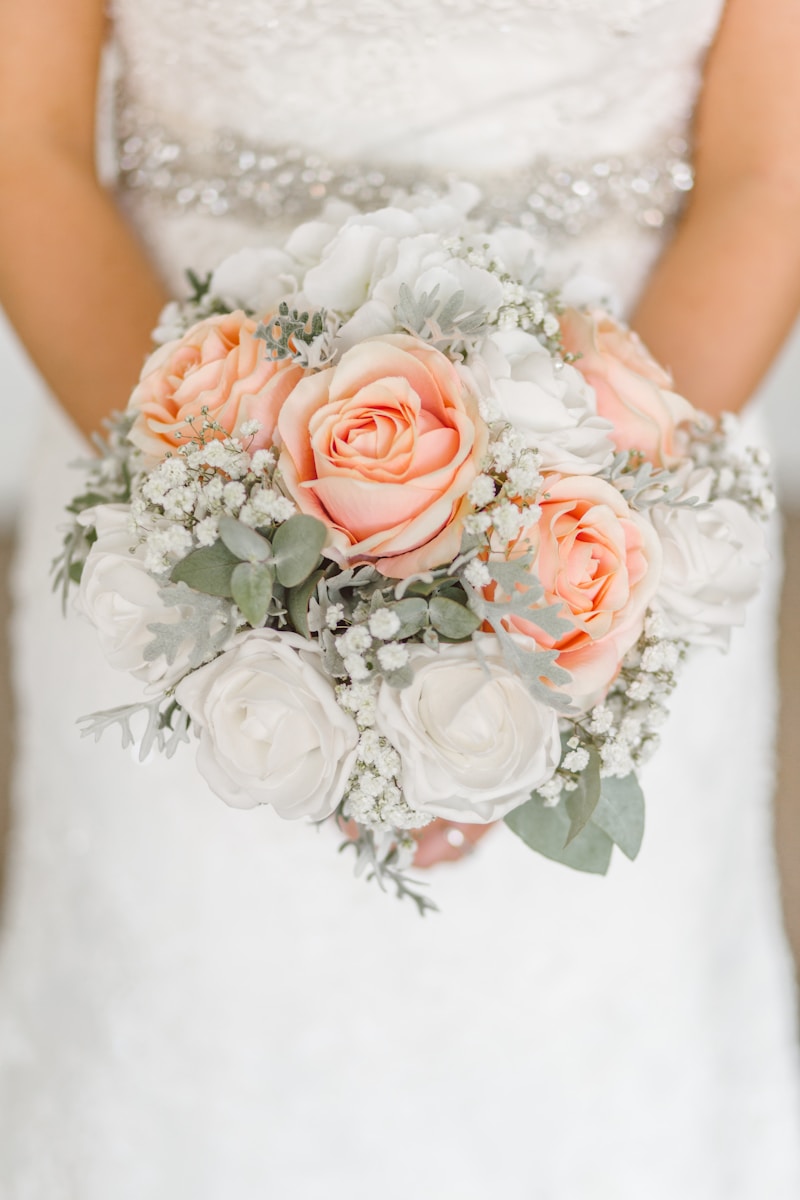Prioritizing Wedding Expenses: A Comprehensive Guide for Budgeting Your Dream Wedding
Understanding the Importance of Prioritizing Wedding Expenses
Planning a wedding can be one of the most exciting yet daunting tasks in a couple's life. With so many elements to consider, from the venue to catering, it’s essential to establish a comprehensive budget. In this article, we will explore effective ways to prioritize wedding expenses, enabling you to allocate your funds wisely while still making your special day memorable.
Creating a Wedding Budget
The first step in prioritizing wedding expenses is creating a detailed budget. This budget acts as a roadmap for your planning process and ensures that you don’t overspend in any one category. Here are the typical categories to consider:
| Category | Average Cost |
| Venue | $10,000 |
| Catering | $7,500 |
| Photography | $3,000 |
| Attire | $2,500 |
| Entertainment | $2,000 |
| Flowers and Décor | $2,000 |
| Wedding Planner | $1,500 |
| Total Average Cost | $28,500 |
These costs can vary significantly depending on location, guest count, and personal preferences. For example, a wedding in an urban area like New York City might have higher expenses compared to a rural setting. Therefore, it is crucial to research and adjust these averages according to your specific situation.
Identifying Your Priorities
Once you have a budget, it's time to identify your priorities. Discuss with your partner what aspects of your wedding are most important to both of you. This could range from the venue and catering to photography and entertainment. By recognizing your priorities, you can allocate more of your budget to the things that matter most.
Common Wedding Priorities
Some of the most common priorities for couples include:
- Venue: A beautiful venue often sets the tone for the wedding day.
- Catering: Food plays a significant role in guest enjoyment, making it a top priority.
- Photography: Capturing memories is crucial; photographers can be a worthwhile investment.
- Attire: Wearing the perfect dress or tuxedo can be very meaningful.
- Entertainment: A fun reception can keep guests engaged and make the event unforgettable.
Where to Cut Costs
After identifying your priorities, look for areas where you can cut costs without sacrificing quality. Here are some strategies:
Limit the Guest List
One of the most effective ways to reduce costs is to limit the guest list. Fewer guests mean less expenditure on catering, seating, and favors.
Consider Off-Peak Dates
If possible, consider scheduling your wedding during off-peak seasons. Venues and vendors often offer significant discounts during these times.
DIY Elements
Incorporating DIY elements can save money while adding a personal touch to your wedding. DIY decorations, invitations, and even wedding favors can be budget-friendly options.
Negotiate with Vendors
Don’t hesitate to negotiate prices with vendors. Many are willing to work within your budget to secure your business, especially during non-busy times.
Utilizing Wedding Planning Tools
Many online resources and wedding planning tools can help you keep track of expenses and stay organized. Websites and apps like WeddingWire, The Knot, and Zola can provide budgeting tools and allow you to monitor your expenses effectively.
Tips for Using Budgeting Tools
- Set a clear budget: Clearly outline your budget and stick to it.
- Track every expense: Record all expenses to keep an accurate view of your budget.
- Update your budget regularly: As you book vendors, update your budget to reflect any changes.
Involving Family and Friends
Don’t overlook the potential support from family and friends. They may be willing to lend a hand, whether in the form of planning help or even funding some aspects of the wedding. Discuss openly with loved ones about how they can contribute.

The Role of a Wedding Planner
If your budget allows, consider hiring a wedding planner. A planner can help you prioritize expenses, suggest reliable vendors, and ensure that everything runs smoothly on your wedding day, potentially saving you money in the long run through their industry connections and negotiation skills.
Saving for Your Wedding
Once you have a set budget and priorities, it's time to start saving. Create a savings plan to help you reach your financial goals. Consider the following tips:
- Set a savings goal: Determine how much you need to save each month leading up to your wedding.
- Limit unnecessary expenses: Cut back on non-essential spending to increase your savings.
- Open a dedicated savings account: This can help you track funds specifically for your wedding.
Final Thoughts on Prioritizing Wedding Expenses
Prioritizing wedding expenses is crucial for a smooth planning process and to ensure that your special day is memorable without overspending. By creating a detailed budget, identifying priorities, finding ways to cut costs, and utilizing available resources, you can craft a beautiful wedding that reflects your unique style and preferences. Always remember to communicate with your partner and family throughout the planning process, as collaboration can often lead to smarter decisions and unforeseen savings.
Ultimately, your wedding is a celebration of love, and while costs are an important factor, the memories created are what truly matters. Happy planning!